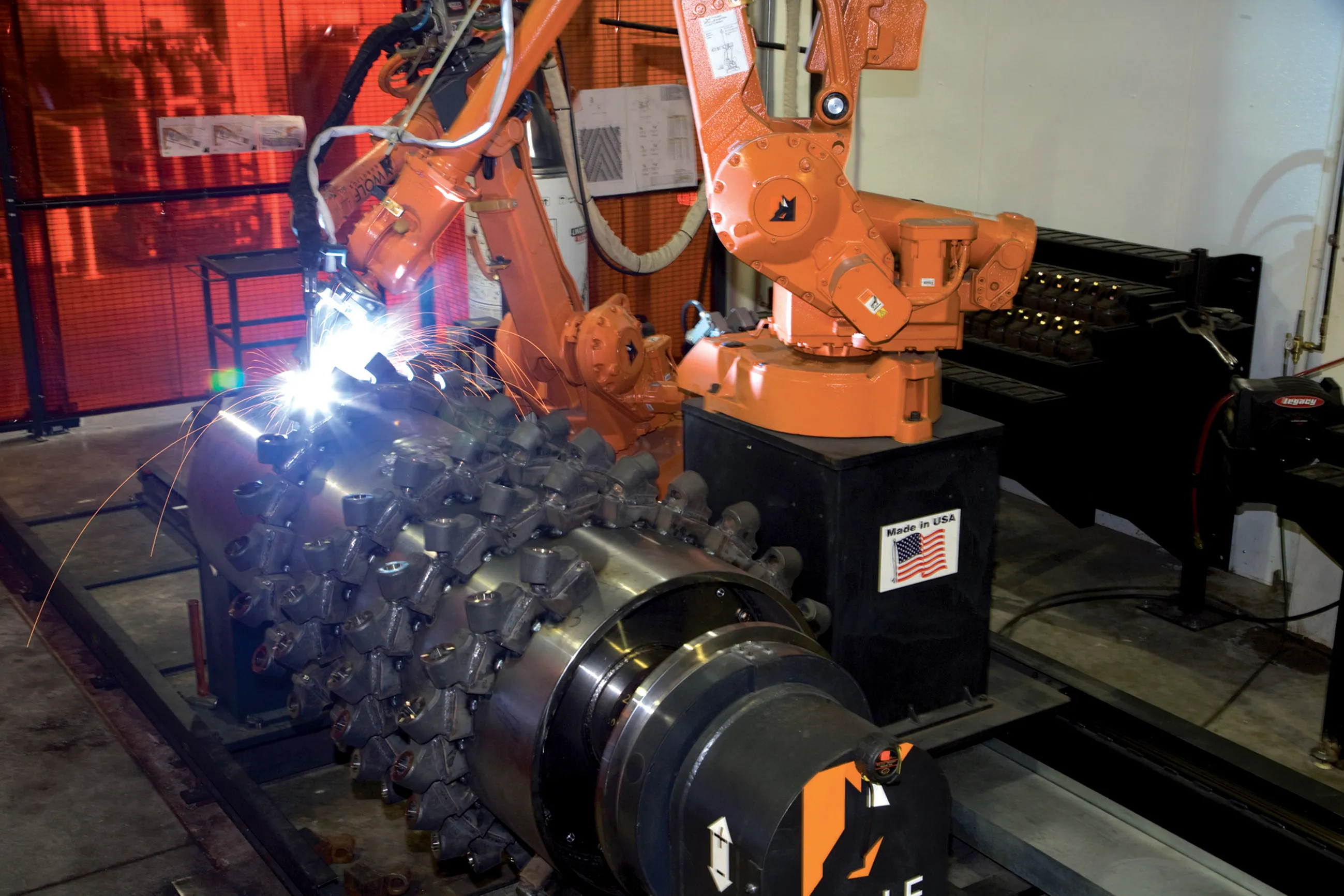A new approach to tunnel inspection technology in Japan could yield major benefits in determining quality and safety. A team comprising specialists from Japan’s Institute for Laser Technology and the Japan Atomic Energy Agency is having evaluating the use of lasers for upgrading tunnel inspection methods as part of a two year research programme.
The new technique is said to allow inspectors to examine tunnel wall conditions at a higher frequency of 25 times/second. The technology also allows tunnel wall
January 14, 2016
Read time: 2 mins
A new approach to tunnel inspection technology in Japan could yield major benefits in determining quality and safety. A team comprising specialists from Japan’s Institute for 3098 Laser Technology and the Japan Atomic Energy Agency is having evaluating the use of lasers for upgrading tunnel inspection methods as part of a two year research programme.
The new technique is said to allow inspectors to examine tunnel wall conditions at a higher frequency of 25 times/second. The technology also allows tunnel wall conditions to be inspected to a depth of 10cm under the surface. The new method uses a combination of laser technology and ultrasonic flaw detectors to evaluate conditions to greater depths than would previously have been possible.
Key features of the system include the use of a special lens as well as water-cooling in the laser to reduce heat generated by the equipment and boost performance.
The new technique is said to allow inspectors to examine tunnel wall conditions at a higher frequency of 25 times/second. The technology also allows tunnel wall conditions to be inspected to a depth of 10cm under the surface. The new method uses a combination of laser technology and ultrasonic flaw detectors to evaluate conditions to greater depths than would previously have been possible.
Key features of the system include the use of a special lens as well as water-cooling in the laser to reduce heat generated by the equipment and boost performance.







